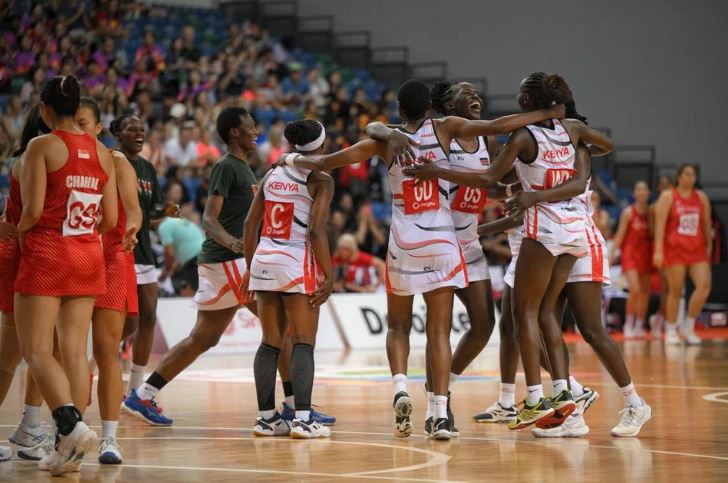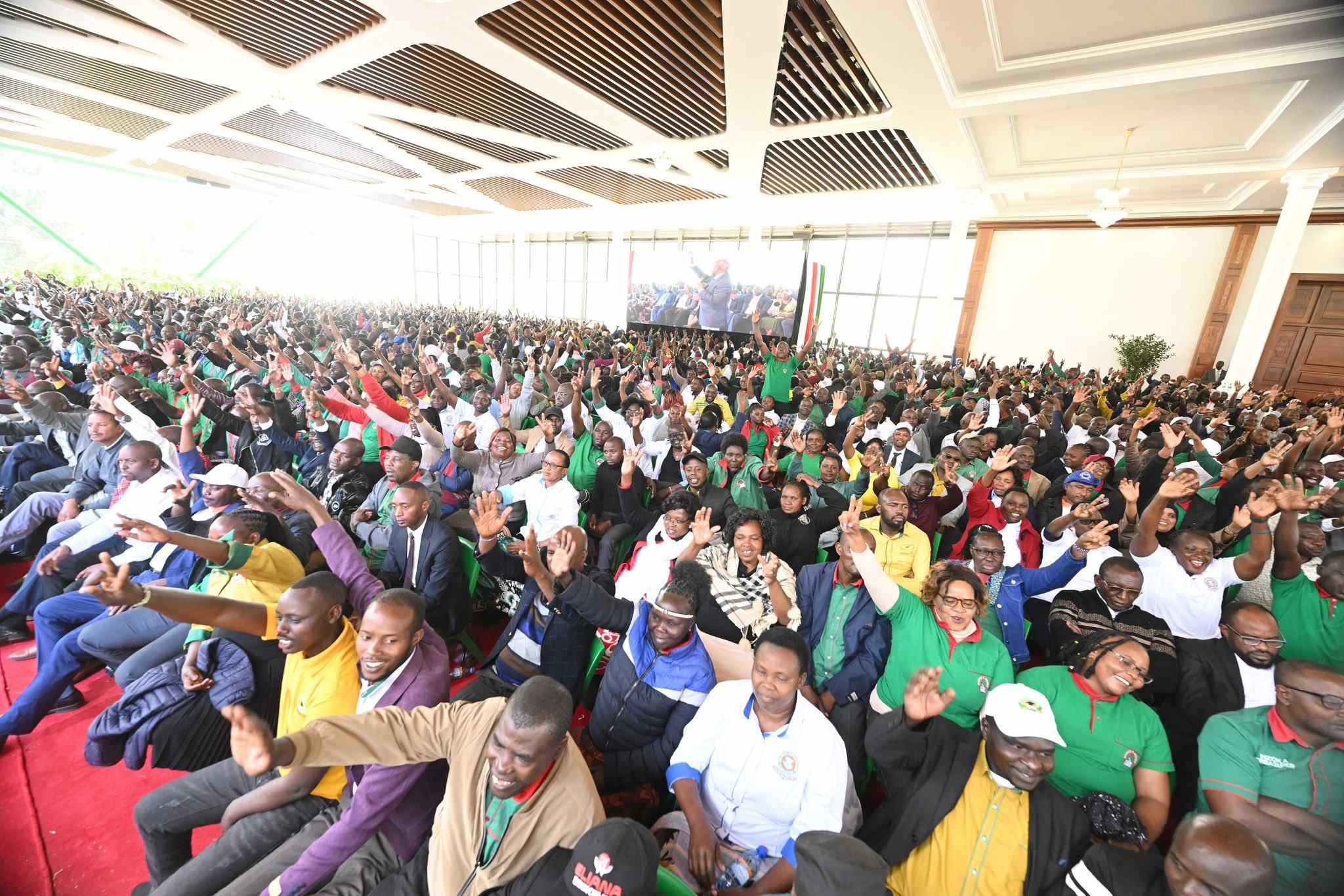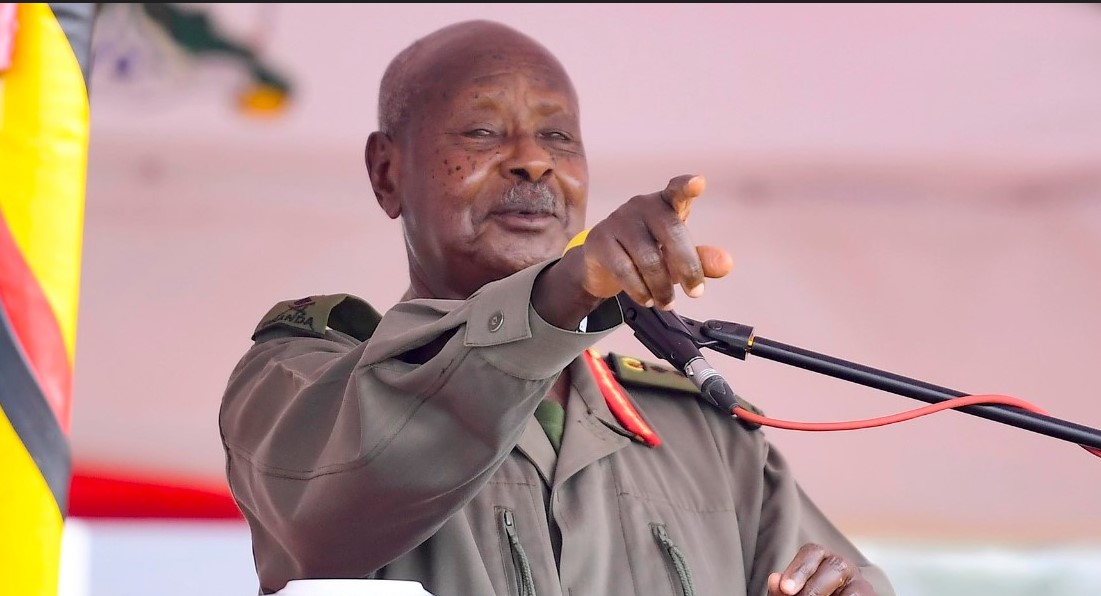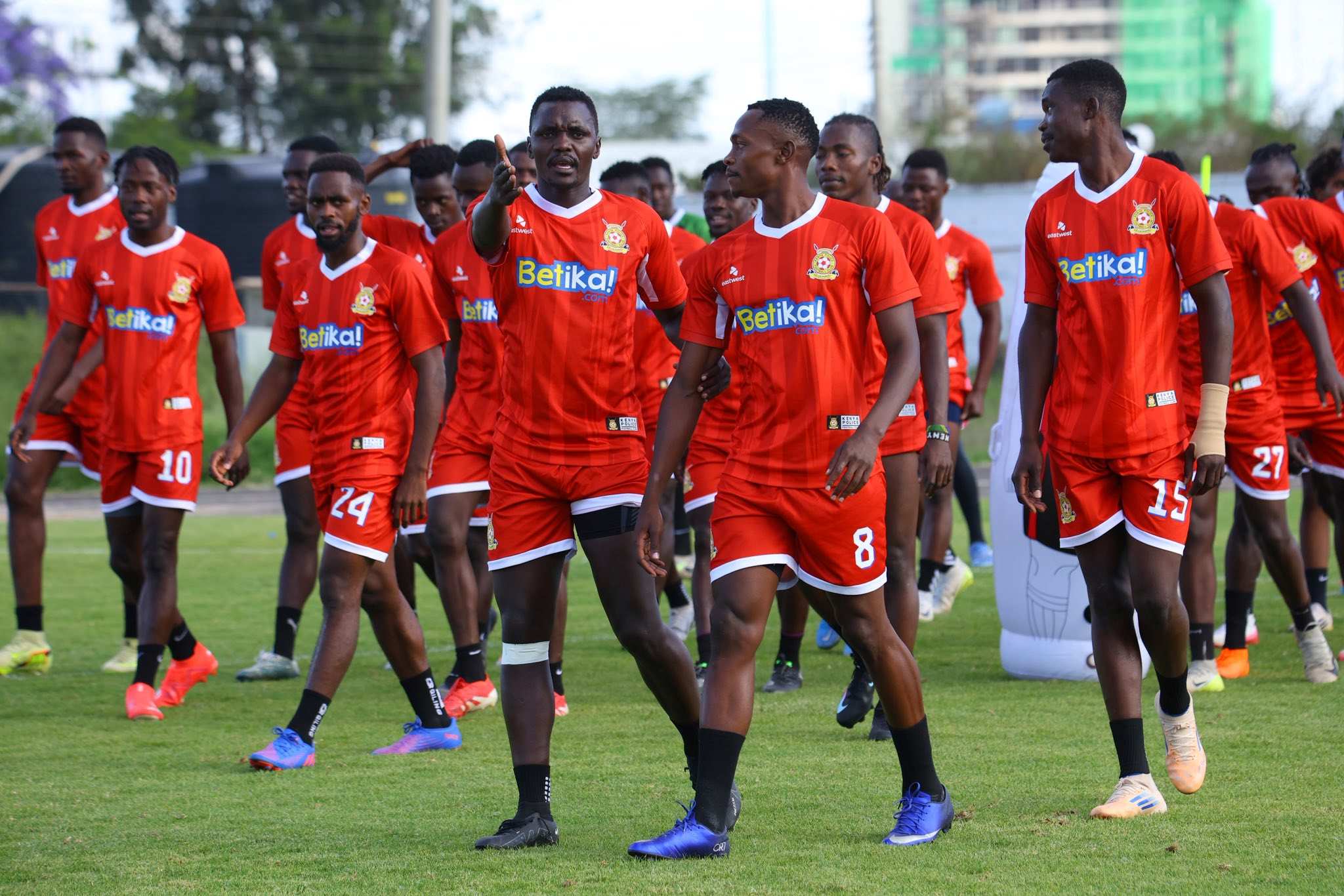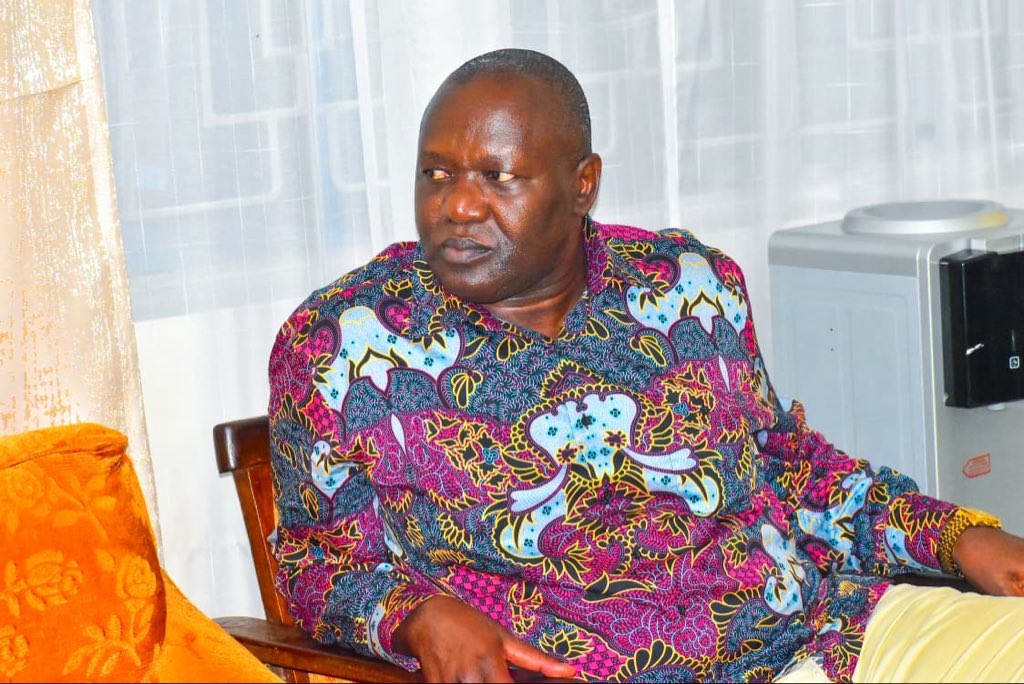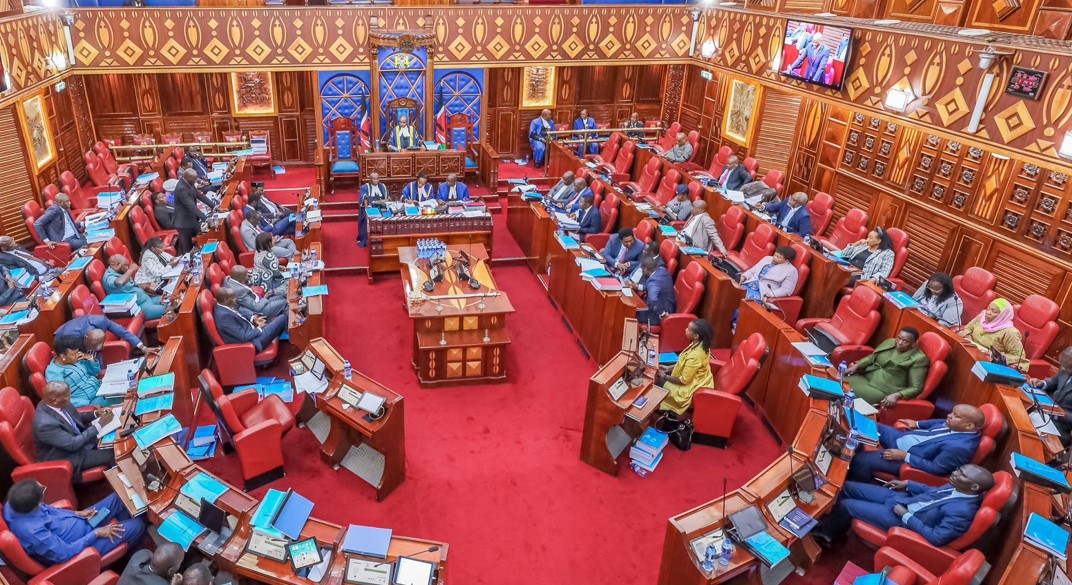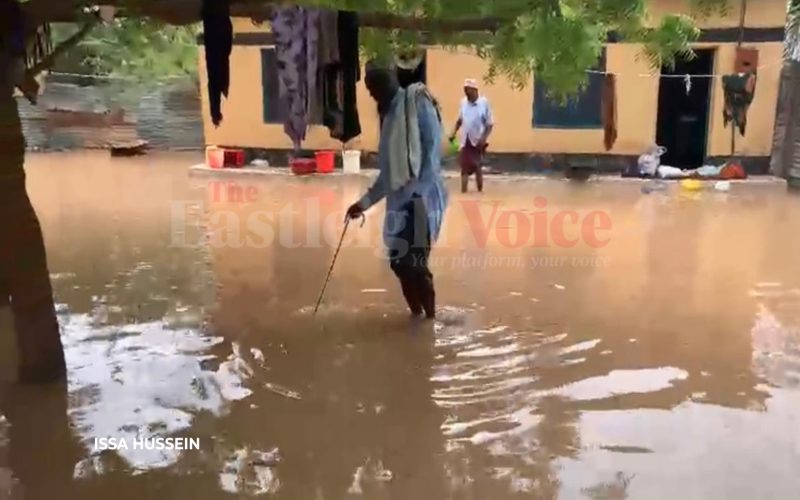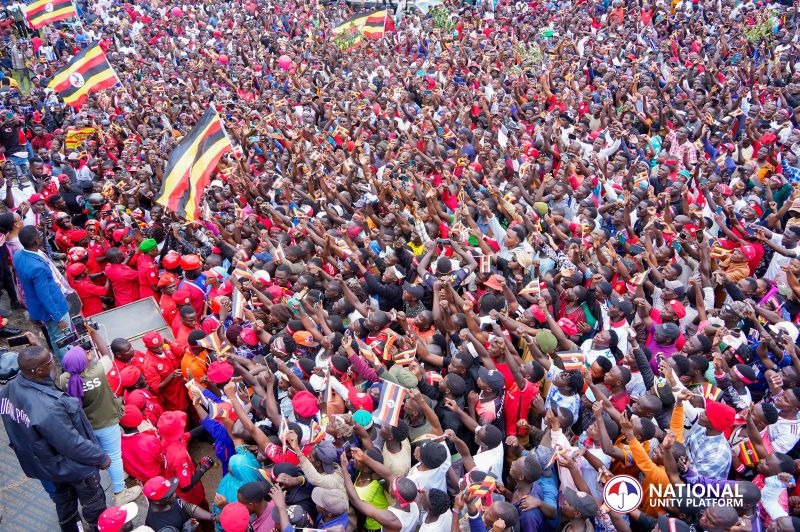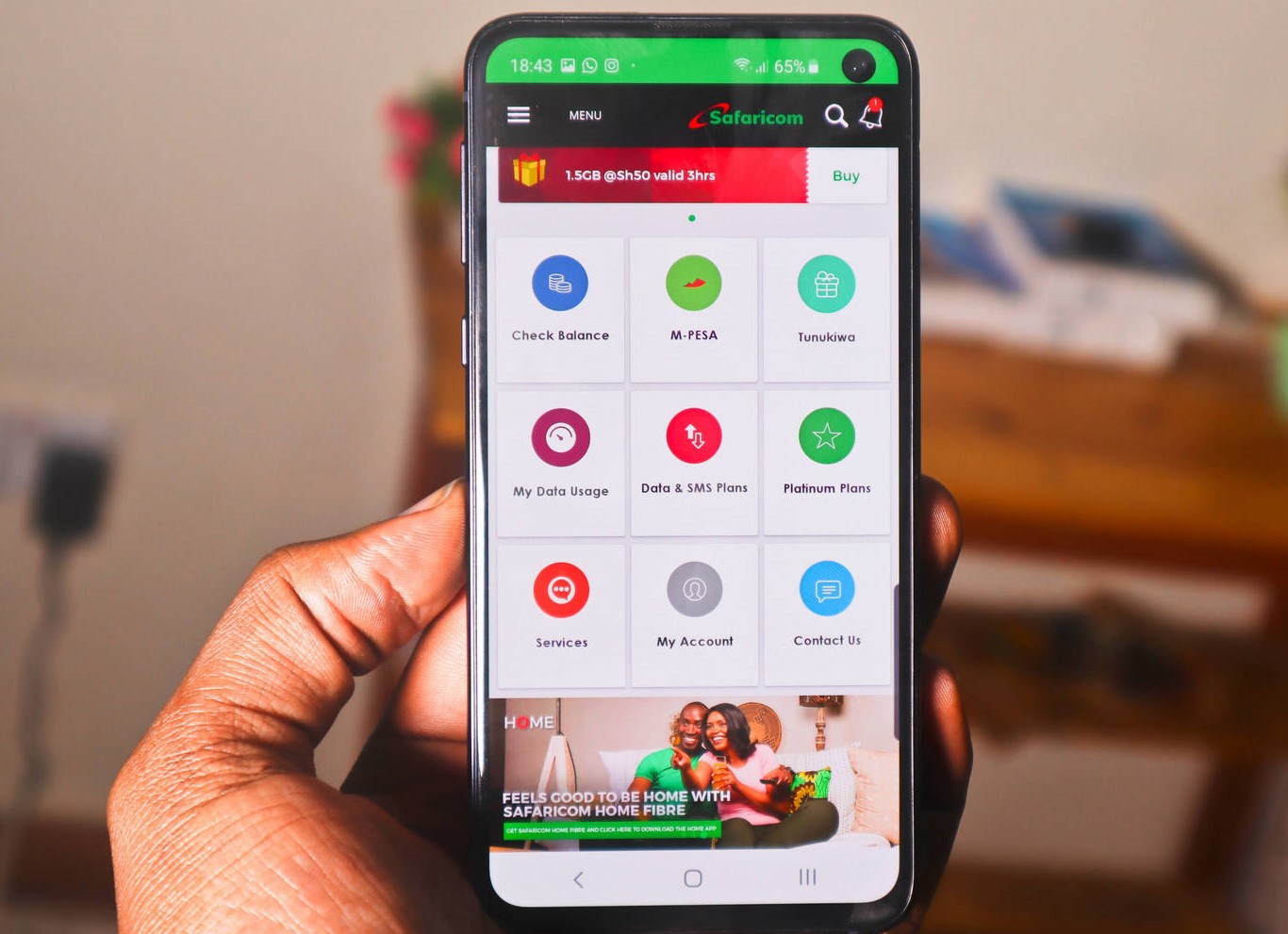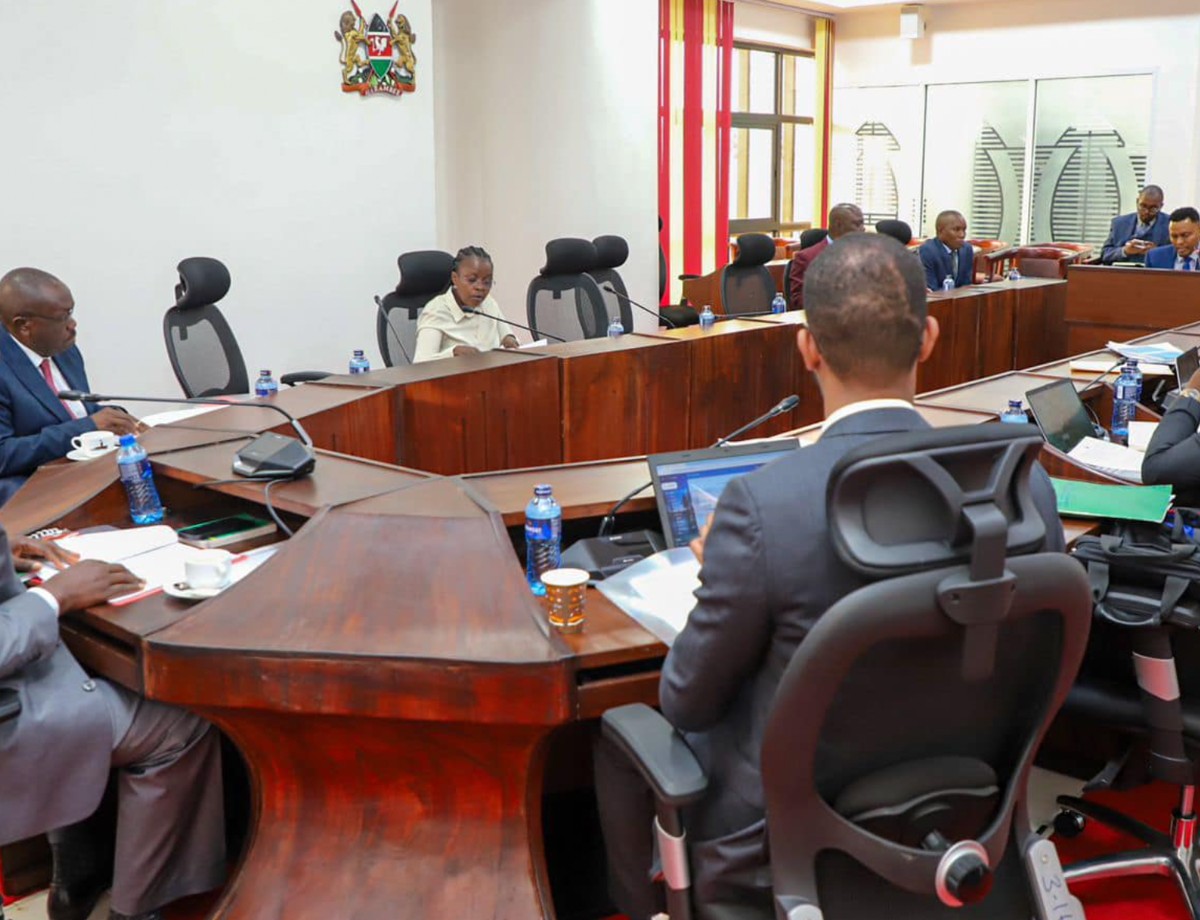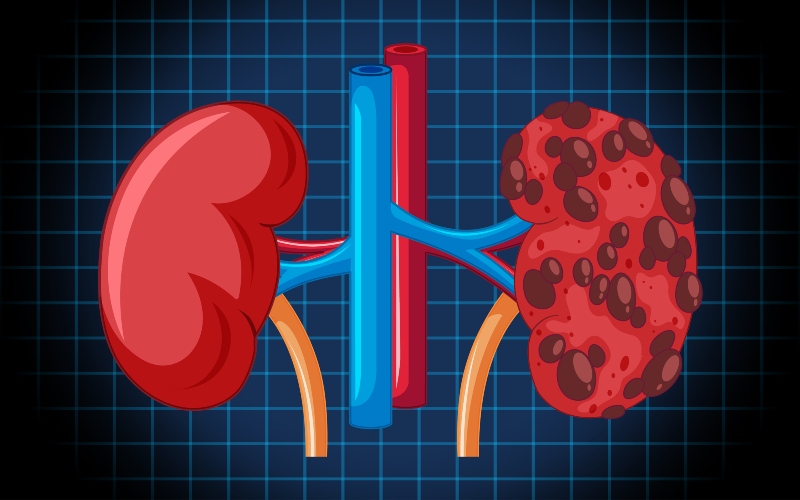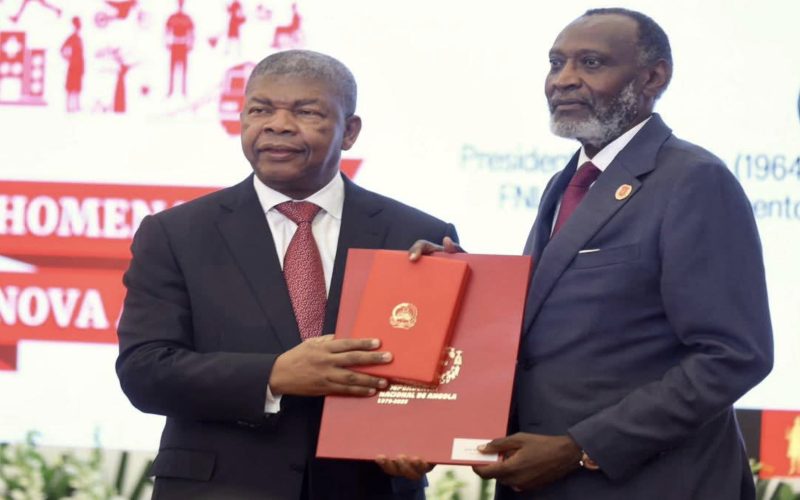Details of ex-UN official Claris Onganga who is taking over helm at human rights commission
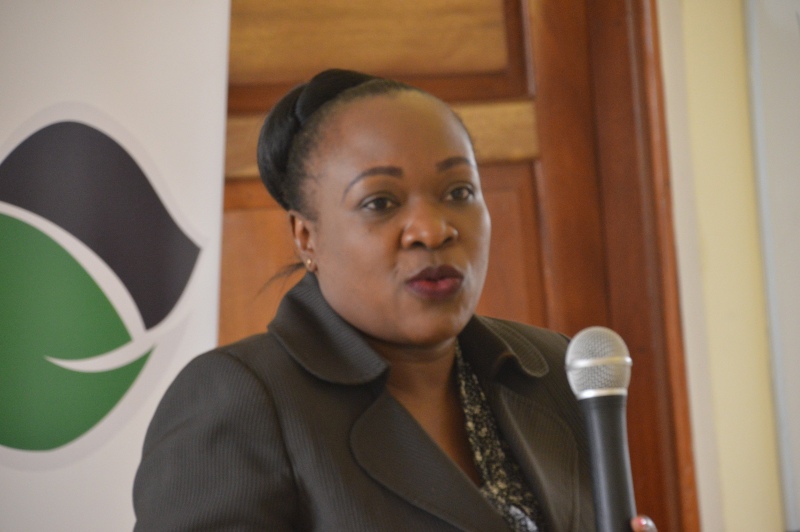
Onganga worked full-time as a Human Rights Specialist. Before this, she served as a Human Rights Advisor at the United Nations from June 2011 to June 2020, contributing to various UN initiatives.
When politician and scholar Duncan Ojwang' declined President William Ruto’s nomination as the Chairperson of the Kenya National Commission on Human Rights, it was Claris Awour Onganga whose name was forwarded to replace him.
Although Ojwang cited personal reasons and a perceived conflict of interest as his reasons for the decline, the Eastleigh Voice understands that the justice and human rights stakeholders were not comfortable with him heading the State’s human rights body.
More To Read
- Maasai community sets aside 1 million acres to protect Amboseli ecosystem
- Ruto presides over historic handover of Amboseli National Park to Kajiado County
- Kenya moves to curb recruitment of its citizens in Russia-Ukraine war
- Oburu’s DP position condition to Ruto unsettles Kindiki’s base
- Ruto admits Kenya is rationing electricity, says at least Sh1.2 trillion needed to boost capacity
- AG Dorcas Oduor moves to lift court orders blocking cybercrimes law
His replacement, Onganga, is a human rights specialist who, until the time of taking her new position, was working with the Office of the United Nations High Commissioner for Human Rights (OHCHR) in Nairobi, a role she has held since June 2020.
In her previous position, Onganga worked full-time as a Human Rights Specialist. Before this, she served as a Human Rights Advisor at the United Nations from June 2011 to June 2020, contributing to various UN initiatives.
She has also served as the Deputy Executive Director and Head of Programmes at the Federation of Women Lawyers – Kenya (FIDA-Kenya). Claris holds a Master of Laws (LL.M.) in Democracy and Governance from the University of Nairobi.
Governance Specialist Samuel Owida says the position of chairperson of the Kenya National Commission on Human Rights is so significant in telling whether the government is committed to protecting the human rights of its citizens or not, and therefore, whoever gets such a post must be scrutinised diligently.
“Such a position is very crucial in determining if a government is committed to justice and human rights for its citizens. This is the reason why stakeholders in the human rights fraternity cannot allow someone with an incorrect reputation to hold the post,” says Owida.
The OHCHR, where Onganga worked, promotes and protects all human rights by speaking out against violations, helping governments and institutions fulfil their obligations through technical assistance and capacity-building.
It also empowers people to know and claim their rights through education and advocacy, as it leads efforts to integrate human rights across the UN system and in global discussions on development and other challenges.
Onganga, in her previous position, provided technical assistance, legal advice, and training to governments, National Human Rights Institutions, and civil society organisations to help them uphold their human rights obligations and enact appropriate laws and policies.
She also engaged in research, education, and advocacy to raise public awareness and empower people to understand and realise their own human rights.
Top Stories Today
